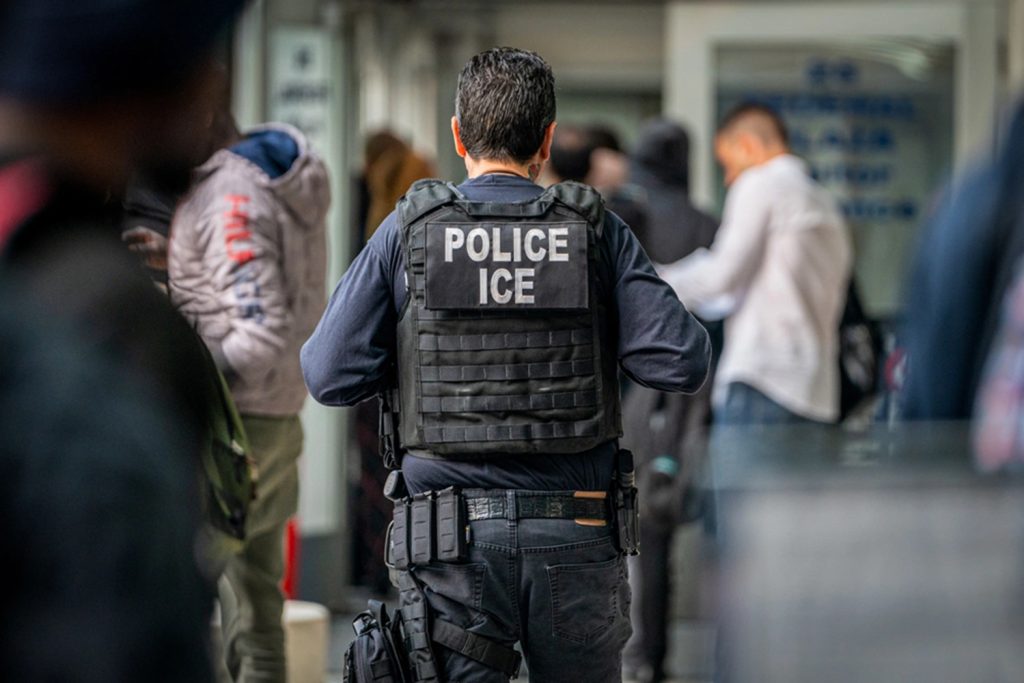Five British Virgin Islanders are among the 1.4 million non-citizens in the United States who have received final orders of removal, according to a November 2024 report from U.S. Immigration and Customs Enforcement (ICE).
These individuals are set to be deported back to the territory as part of ongoing immigration enforcement measures under the administration of U.S. President Donald Trump.
ICE’s annual report, published on December 19, 2024, also revealed that between 2019 and 2024, 18 persons from the British Virgin Islands were deported back to the territory.
The BVI is not alone in this trend. Other Caribbean nations are also seeing nationals targeted for removal, with significant numbers listed in ICE’s non-detained docket. Countries such as Cuba (42,084) Jamaica (5,120), Haiti (32,363), and the Dominican Republic (12,699) have thousands of individuals facing deportation, while countries such as Guyana (1,236), Trinidad and Tobago (1,197), Bahamas (426) and Saint Lucia (202) have hundreds set to be deported. Fewer cases were confirmed for islands and territories like Antigua-Barbuda (110), Barbados (151), Bermuda (10), Dominica (104), Guadeloupe (12), Montserrat (8), St. Kitts and Nevis (68), St. Vincent and the Grenadines (127) and the Turks and Caicos Islands (25).
The non-detained docket includes individuals who have been issued final removal orders but are not held in detention facilities. Instead, they are required to check in with immigration authorities periodically while awaiting deportation or the resolution of their cases. ICE cited various reasons why removals may be delayed, including legal appeals, claims for asylum or protection under international law, and lack of cooperation from foreign governments in accepting deportees.
Despite these challenges, the U.S. government maintains that all countries must accept the return of their nationals who have been deemed ineligible to remain in the United States. Failure to cooperate with deportation efforts could result in nations being classified as “uncooperative” or “at risk of non-compliance,” with potential diplomatic and policy consequences. Currently, 15 countries—including Cuba, China, and Venezuela—are classified as uncooperative, while 11 others, including Jamaica and St. Lucia, are considered at risk of non-compliance.
While the specific circumstances of the five BVI nationals awaiting deportation remain undisclosed, the ICE report highlights the continued impact of U.S. immigration enforcement on the region.
The British Virgin Islands government has yet to issue a statement on how it plans to address the return of these individuals to the territory.

